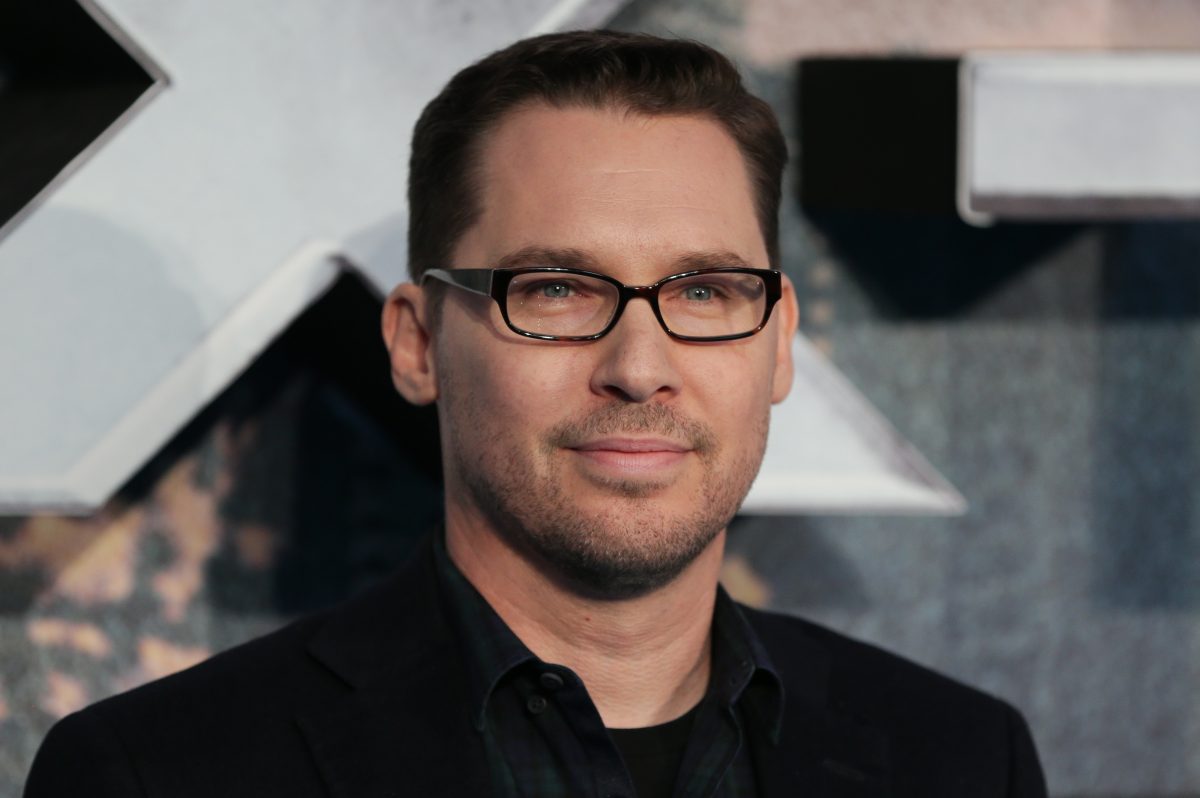The X-Men Films Offer a Villainous Origin Story for Bryan Singer
The producers of X-Men reflect on enabling the director's alleged abusive behavior.


It’s been 20 years since the premiere of Bryan Singer’s X-Men, the film which (along with Sam Raimi’s Spider-Man) launched the superhero movie as a major genre. In the ensuing 20 years, comic book content has exploded, with dozens of films, television series, and video games dedicated to our favorite heroes and villains. But it was Singer’s moody, political X-Men and its sequel X2: X-Men United that set the stage for darker, more complex comic book films.
Tom Rothman, the former chairman of Fox Filmed Entertainment, said “X-Men was a truly pioneering film. You have to remember, this was before Spider-Man. It was the first major Marvel adaptation to reach mainstream audiences … The seriousness with which it treated its themes of otherness, discrimination and alienation gave commercial action filmmaking a jolt of emotion and purpose.”
But many are looking back on the film with mixed emotions, especially in light of the multiple allegations of sexual abuse surrounding Singer. And according to a new deep-dive article from The Hollywood Reporter, the making of X-Men was itself an origin story for Singer and his notoriously unprofessional and abusive behavior.
Behind the scenes, there was the cliched stories of Hollywood excess: backstage bickering, casting couch abuses, rampant drug use, and constant clashing between the auteur director and the studio that hired him. But Singer’s excesses nearly derailed the film franchise, and caused most of the cast to confront him.
Allegedly under the influence, Singer oversaw a scene in X2 where Hugh Jackman (who played Wolverine) was injured on set during a stunt gone wrong. The stunt coordinator was not on set because the scene was planned for the following day, but an allegedly inebriated Singer pushed the scene up (allegedly other crew members were also under the influence of narcotics). The producer on set, Tom DeSanto, wanted to shut down the production, but the studio sided with Singer and insisted on continuing.
This resulted in the entire cast (sans Ian McKellen and Rebecca Romijn) confronting Singer in his trailer, where they threatened to quit unless DeSanto was reinstated. Halle Berry allegedly told Singer, “You can kiss my Black ass.”
As the franchise grew more successful, it protected Singer from any scrutiny or accountability. Various lawsuits against the now wealthy director were dismissed or paid off, and his abusive behavior was indulged as part of his “genius.” Like so many rich and powerful men in Hollywood, he rose to nearly untouchable ranks, until the Me Too Movement exposed him.
The producers who were interviewed for the piece had different opinions regarding Singer and their involvement with him. Lauren Shuler Donner said, “It’s a weird business, the film business … We honor creativity and talent and we forgive the brilliant ones. Unconsciously, we probably do enable them by turning a blind eye to whatever they’re doing and taking their product and putting it out to the world.” She added, “You have to understand, the guy was brilliant, and that was why we all tolerated him and cajoled him. And if he wasn’t so fucked up, he would be a really great director.”
Fellow producer Ralph Winter was much more forgiving, saying “I think X-Men will stand the test of time, … And hopefully Bryan will survive some way in his career and his work as a filmmaker and artist. But I don’t find the movie tainted in any way because of whatever all the other current events are about Bryan. To me, that stuff doesn’t matter.”
Meanwhile, an unnamed executive summed it up best by saying, “His behavior was poor on the movie. We accommodated him on the first movie, and therefore we can accommodate him on the second movie. And on and on. And it created a monster.”
(via The Hollywood Reporter, image: DANIEL LEAL-OLIVAS/AFP/Getty Images)
Want more stories like this? Become a subscriber and support the site!
—The Mary Sue has a strict comment policy that forbids, but is not limited to, personal insults toward anyone, hate speech, and trolling.—
Have a tip we should know? [email protected]
